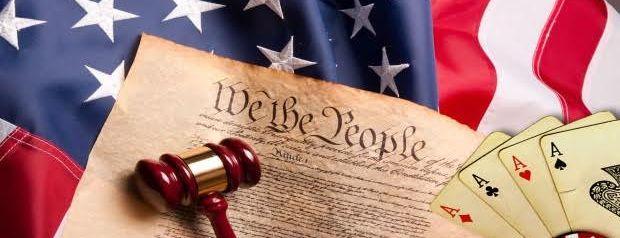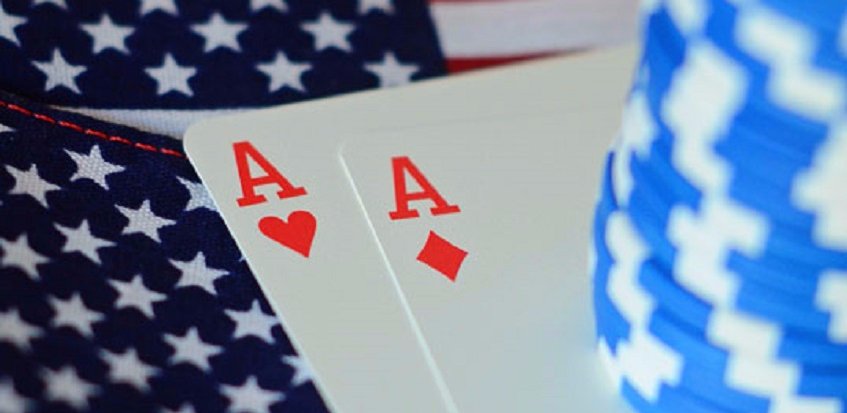US Poker Bill Approaches Final Hurdle
9 years ago

30 Jun
(Photo: Gan.com)
In one of the more exciting developments in recent years of US poker players, another state is on the cusp of joining New Jersey, Nevada, and Delaware in legalizing the virtual felt.
The House of Representatives of the Commonwealth of Pennsylvania has passed an online gambling regulation bill - HB 2150 - that will be sent to the state’s Senate for approval. Although the situation is fluid and the ultimate passage of the bill into law is not assured by any means, it’s still unanimously agreed that this represents the most important regulatory opportunity for online poker since New Jersey took the plunge in February of 2013.
Why movement now?
Like in other state legislatures across the US, this is not the first attempt to license and regulate online poker that has been made in PA. The most significant change this time around is the removal of a proposal to allow video gaming terminals (VGT’s) outside of casinos from the rest of the core legislation. VGT’s are considered direct competition by PA’s land-based casino special interests, and therefore any legislation that would authorize them had been a non-starter.
That key change, combined with the openness of Governor Tom Wolf to find creative ways to plug the state’s huge budget deficit, means that optimism has surged that the deal could actually get done this time.

So What’s in the bill?
The bill that will be considered by the Pennsylvania Senate is a sweeping package of online gambling reforms. Its intent is to revamp PA’s gaming market for the internet age, as well as tap into a huge tax revenue stream for the state that is currently lying dormant. The PA House Committee on Appropriations attached a fiscal note to the bill, indicating that it expects to collect $266.5 million in taxes and licensing fees in 2016-2017 alone.
If enacted into law, the bill would license and regulate a broad range of internet gambling games including online poker, Daily Fantasy Sports (DFS), and gambling within the state’s airport terminals. There is also a section explicitly permitting sports betting should the federal government ever decide to lift the current ban.
Will there be shared liquidity with other states?
Players know that to have a strong online poker presence in the US, liquidity between states is a must-have. Although the bill currently being considered doesn’t natively contain any prearranged agreements with other states to share its player pool from the go-live moment, it does allow for the possibility of future player-sharing agreements with other regulated markets to be made.
This is very welcome news for players, because it indicates a shifting perception amongst politicians about how to maximize the benefits of offering online poker - for players and legislatures alike. Hopefully, it’s an indication that unlike the years of waiting we’ve endured without any sense of urgency behind creating shared liquidity, the concept is now resonating with power brokers. This could mean that things might now accelerate in the right direction.

Could take at least a year to see change
Even if the bill is ultimately passed by the PA Senate and signed into law, players should not expect things to change overnight. The head of the Pennsylvania Gaming Control Board (PGCB) recently estimated that it would take anywhere from 9 months to a year following the passage of legislation for online gambling to be available to consumers.
However, a year is a small price to pay. Passage of the bill would make PA the largest state to date - it’s population is nearly 13 million people - to regulate online poker. Everything is left to play for, but a win here would go a long way to placing online poker back on the front burner in legislatures around the country and bring us just that much closer to a true “US” online poker market.






Comments
You need to be logged in to post a new comment